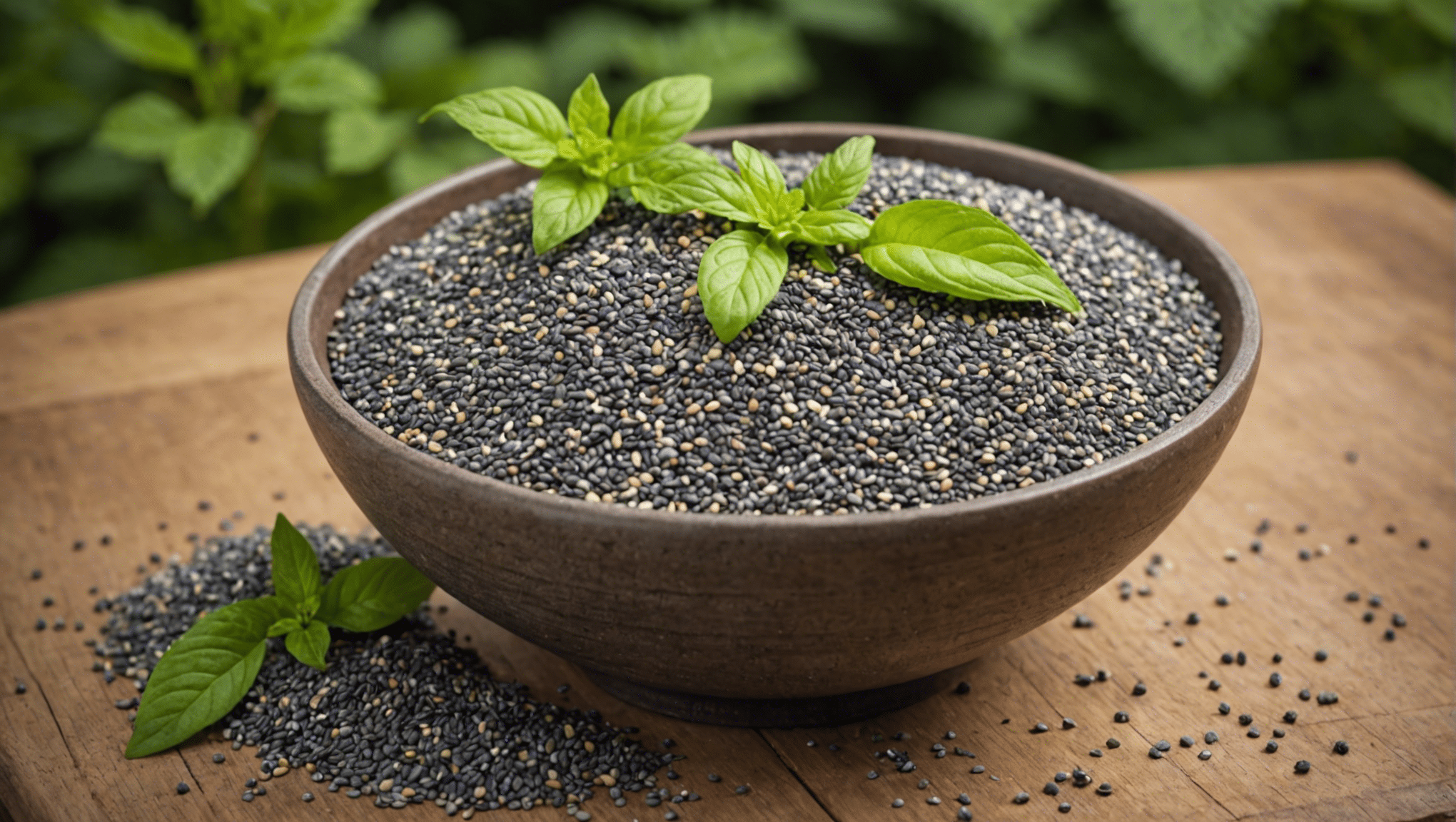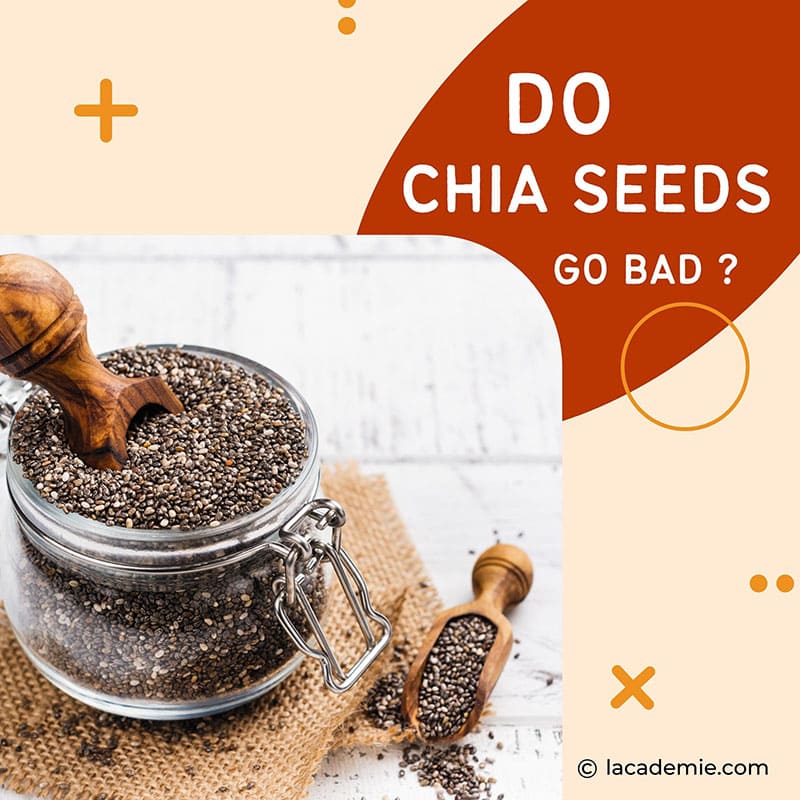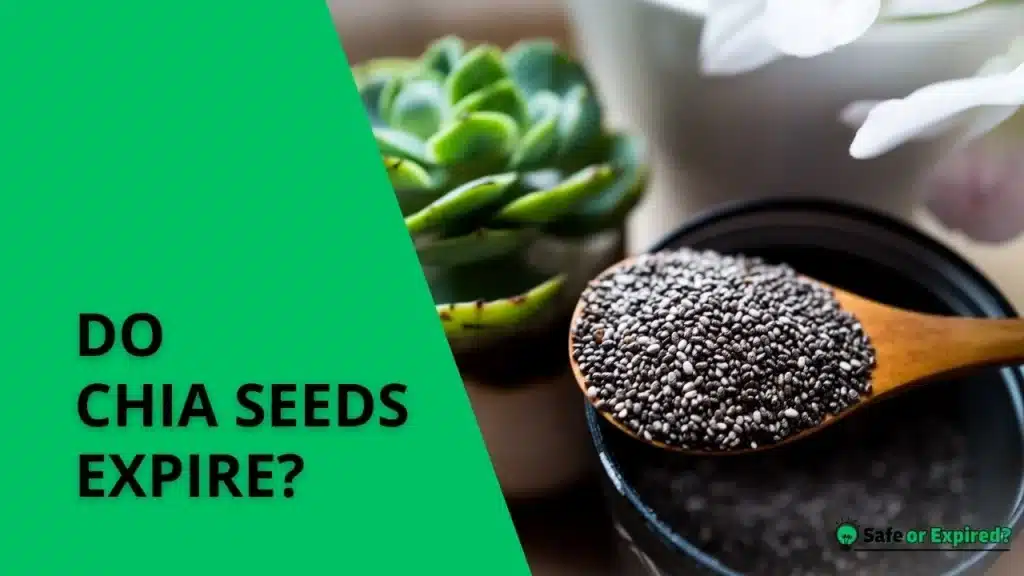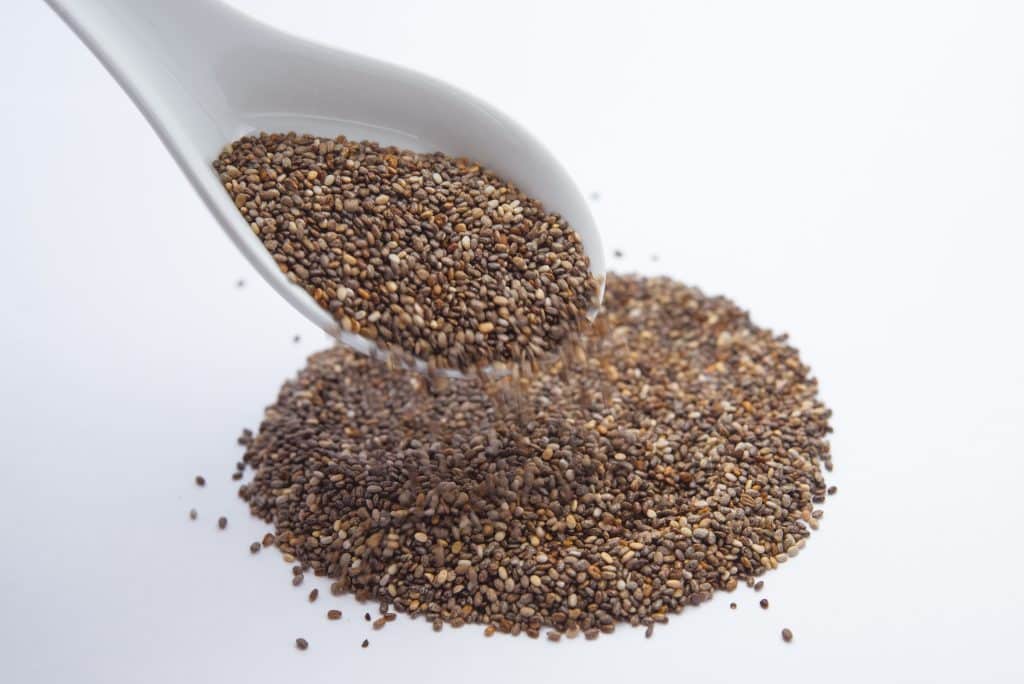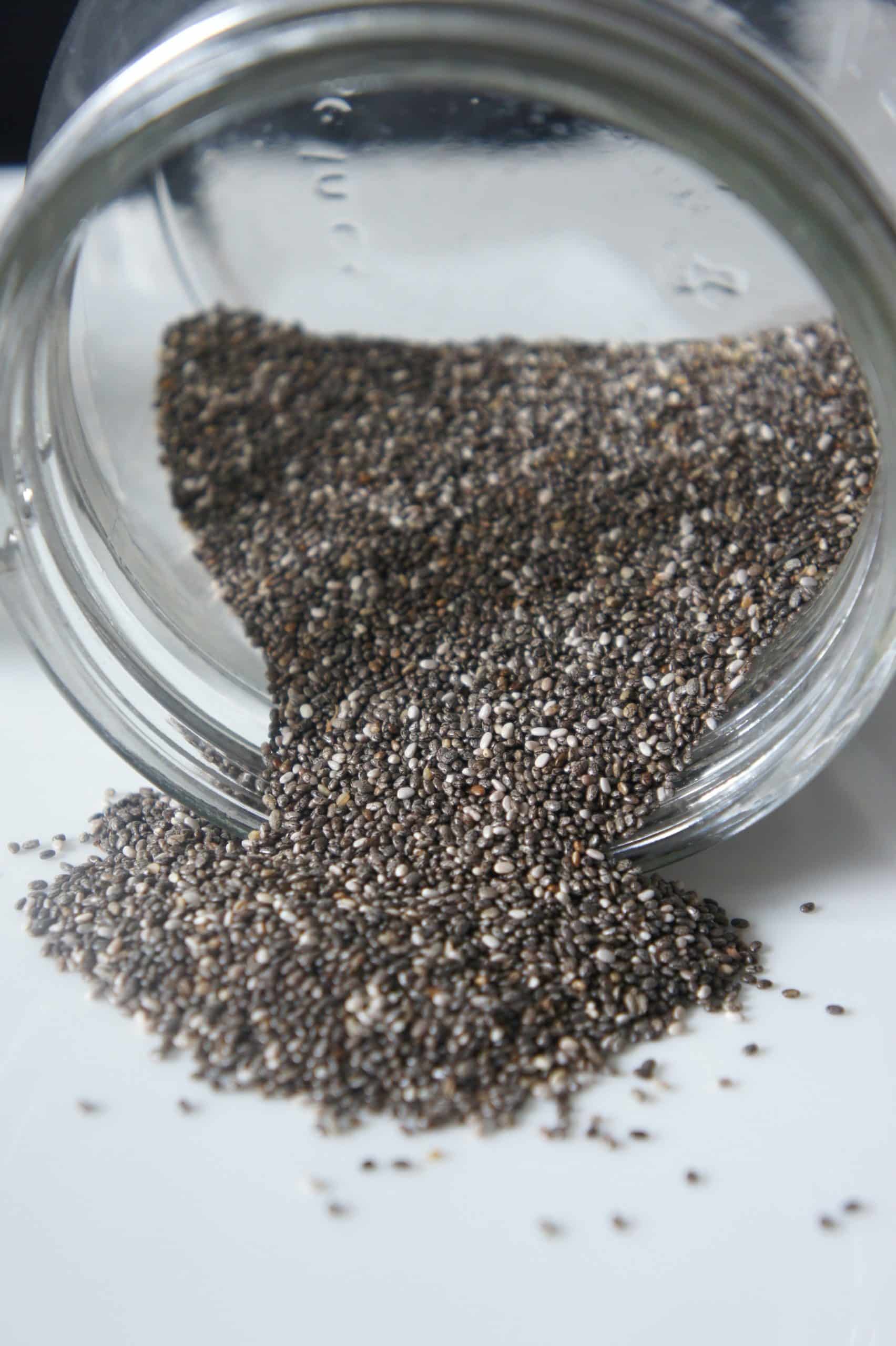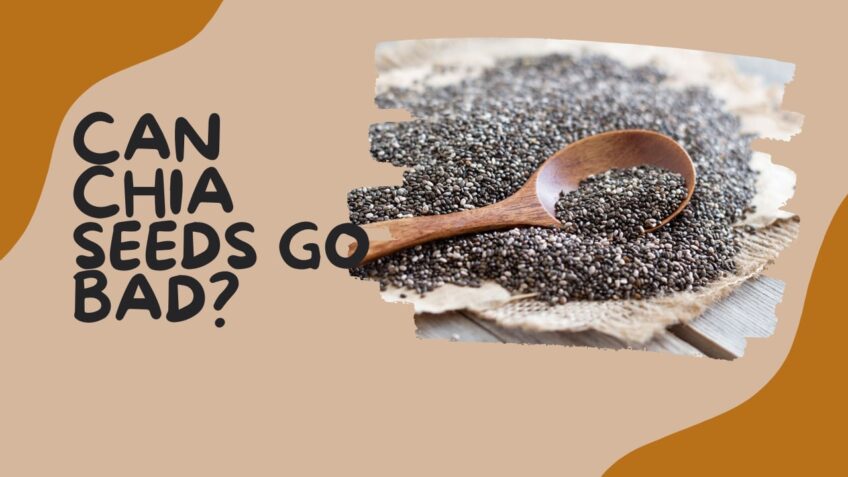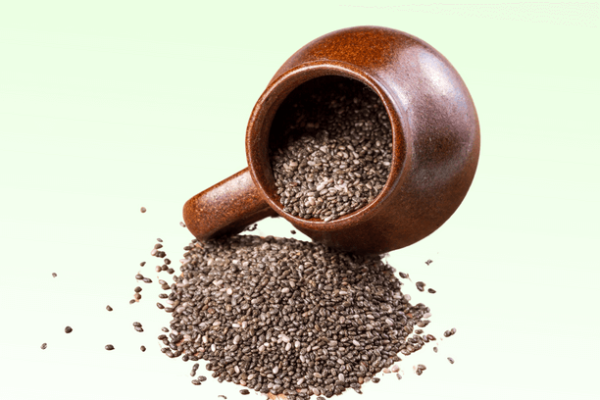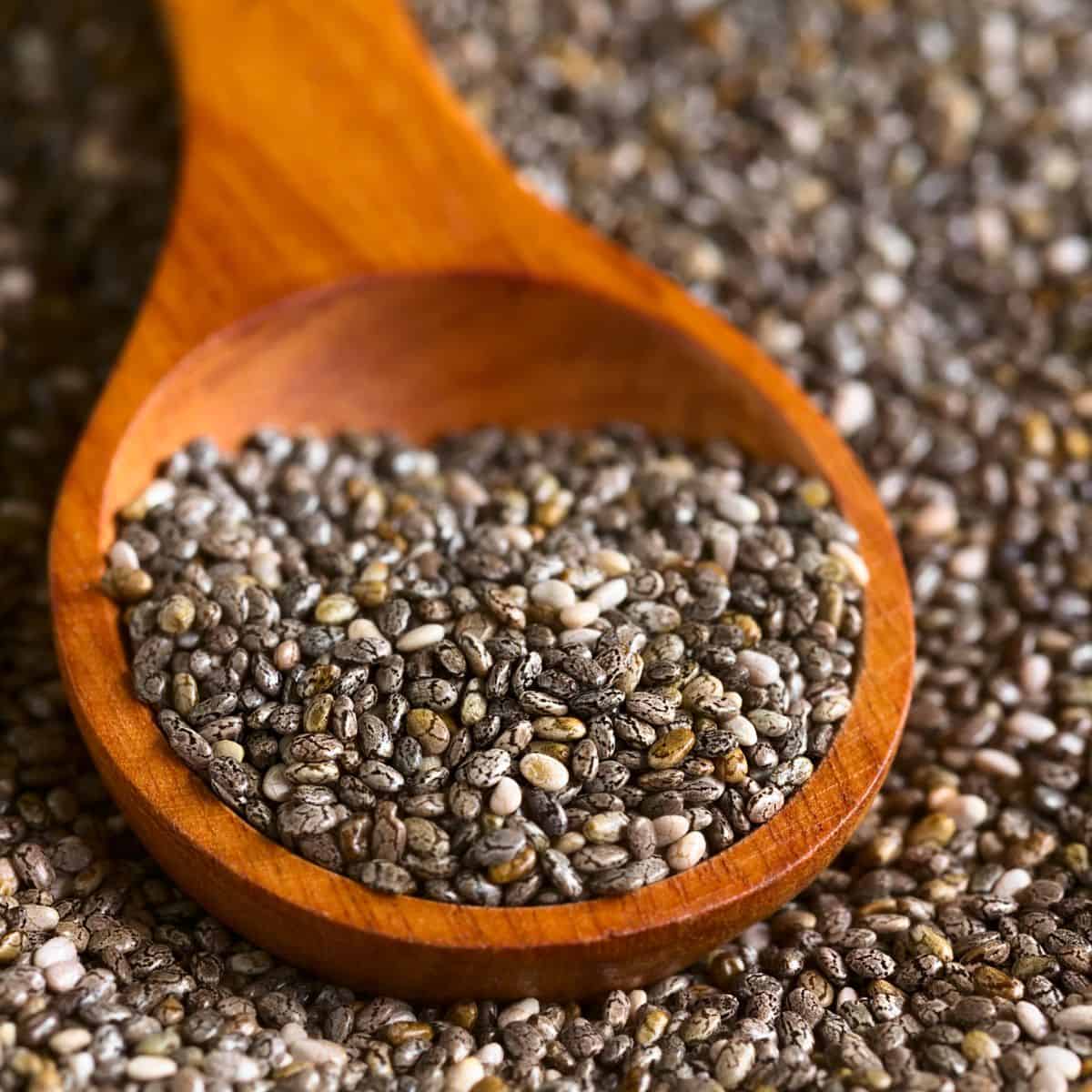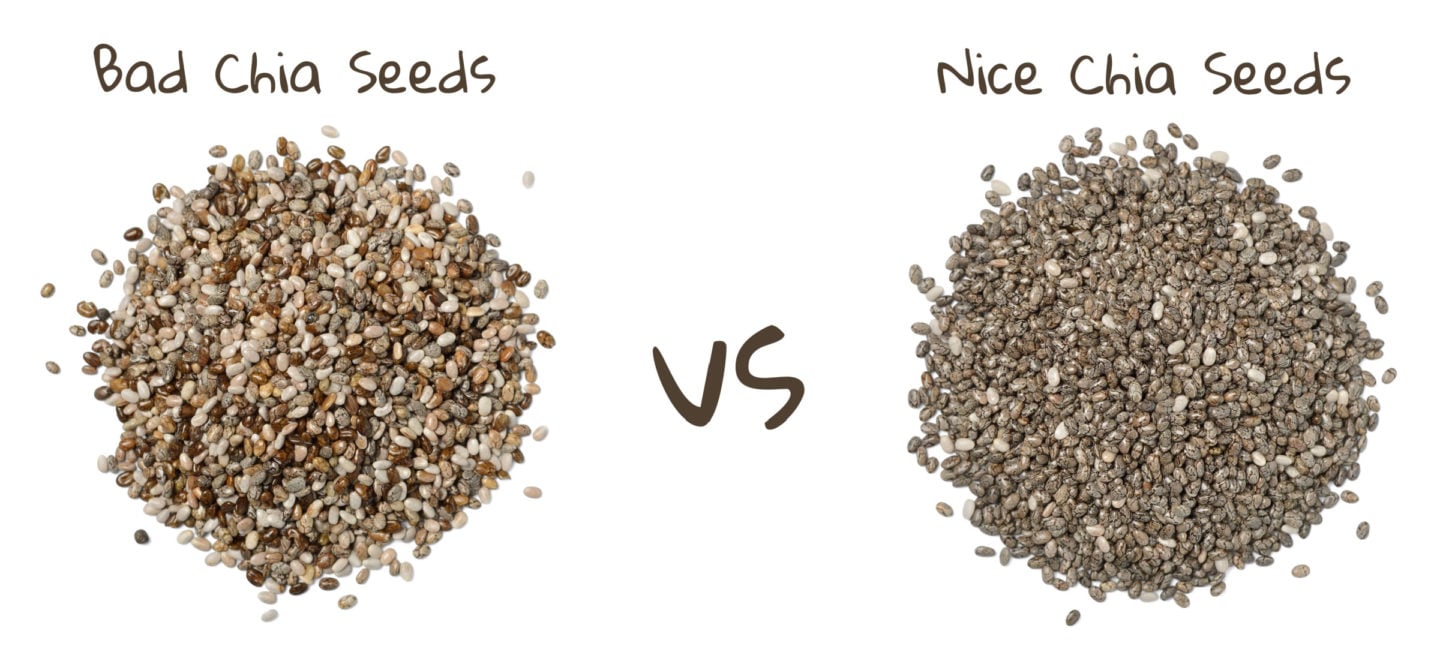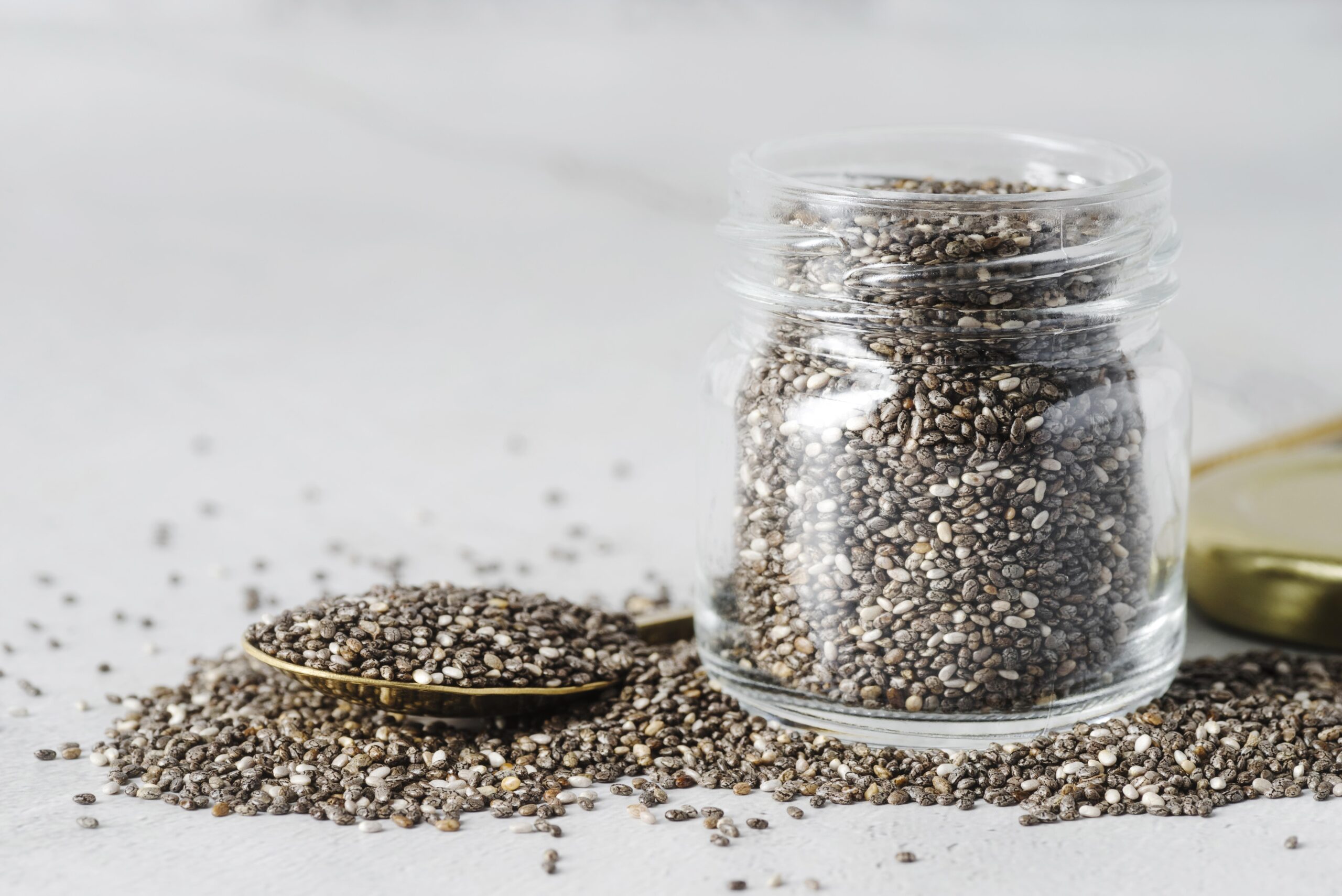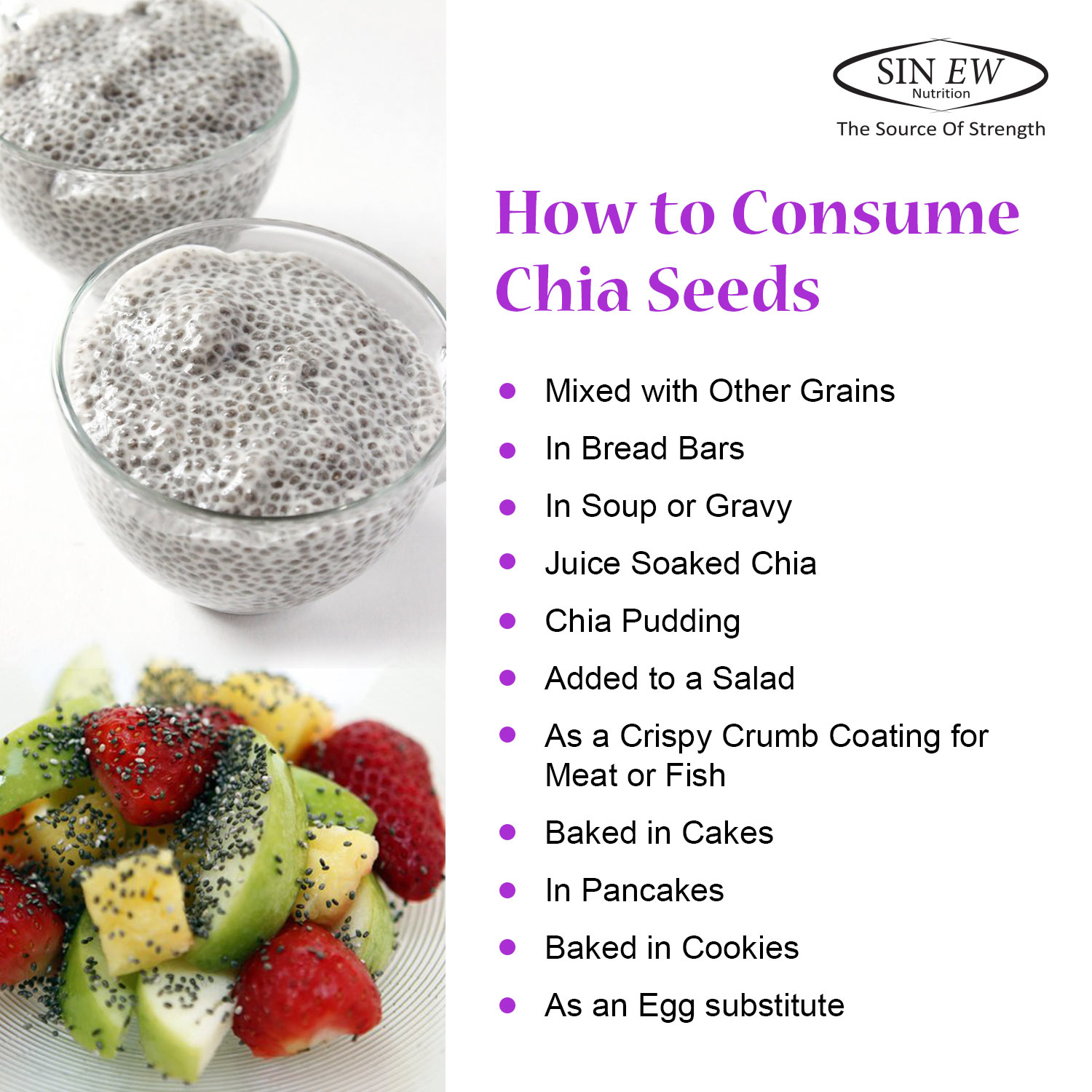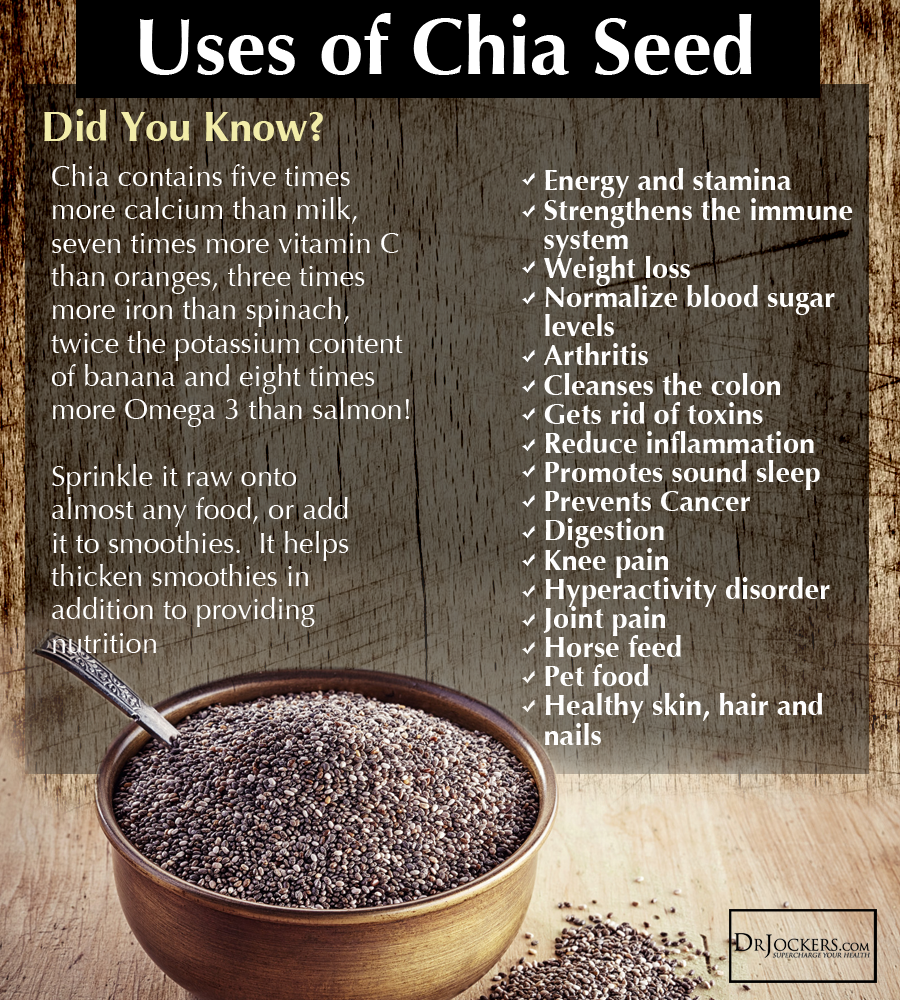Can You Use Expired Chia Seeds

The ubiquitous presence of chia seeds in modern diets, lauded for their nutritional benefits, often leads to a common query: Are expired chia seeds still safe to consume? This question prompts a closer look at the shelf life, storage, and potential risks associated with using chia seeds past their printed expiration date.
The answer is not a simple yes or no, but rather depends on several factors related to how the seeds were stored and their overall condition. Understanding these variables is crucial for making an informed decision about whether to incorporate that old bag of chia seeds into your next smoothie or discard it altogether.
Understanding Chia Seed Shelf Life
Chia seeds, like many other food items, come with a "best by" or "expiration" date printed on their packaging. This date, however, is often an indicator of peak freshness rather than a strict cutoff point for safety. The U.S. Department of Agriculture (USDA) doesn't mandate strict expiration dates for many dry goods, including seeds.
The primary factor influencing the longevity of chia seeds is their fat content. Chia seeds contain a significant amount of polyunsaturated fats, which are susceptible to oxidation. This oxidation process, known as rancidity, can affect the taste, smell, and potentially the nutritional value of the seeds.
Key Factors Affecting Spoilage
Proper storage is paramount in preserving the quality of chia seeds. Exposure to air, heat, light, and moisture accelerates the oxidation process. Therefore, storing chia seeds in a cool, dark, and dry place, in an airtight container, is crucial.
Ground chia seeds, due to increased surface area exposed to oxygen, tend to spoil more quickly than whole chia seeds. The American Heart Association recommends using ground seeds within a few weeks or storing them in the refrigerator or freezer.
Assessing Expired Chia Seeds: What to Look For
Before consuming expired chia seeds, a thorough sensory evaluation is essential. Look for visible signs of mold, discoloration, or insect infestation. These are clear indicators that the seeds should be discarded.
The most telling sign of spoilage is often the smell. Rancid chia seeds will emit an unpleasant, oily, or metallic odor, quite different from their typical mild, nutty scent. If the seeds smell off, they are likely rancid and should not be consumed.
Taste is another important factor. Even if the seeds look and smell okay, tasting a small amount can help determine if they have gone bad. A bitter, sour, or otherwise unpleasant taste is a sign of rancidity.
Potential Risks of Consuming Rancid Seeds
While consuming slightly expired chia seeds that have been properly stored and show no signs of spoilage is generally considered safe, consuming rancid seeds can pose some health risks. Rancid fats contain free radicals and oxidation products, which can contribute to inflammation and potentially other health issues over time.
According to a study published in the Journal of Agricultural and Food Chemistry, the consumption of rancid oils and fats, even in small amounts, can lead to digestive discomfort and nutrient absorption issues. The effect may be amplified in individuals with sensitive digestive systems.
Practical Recommendations
Given the potential risks, it is generally recommended to exercise caution when dealing with expired chia seeds. If you are unsure about the quality of your chia seeds, err on the side of caution and discard them.
To maximize the shelf life of chia seeds, purchase them in smaller quantities to ensure they are used before their expiration date. Always store chia seeds in an airtight container in a cool, dark, and dry location, away from direct sunlight and heat sources.
For long-term storage, consider freezing chia seeds. Freezing can significantly slow down the oxidation process and extend their shelf life. The National Center for Home Food Preservation notes that freezing can help preserve the quality of seeds for an extended period.
The Bottom Line
While expired chia seeds aren't automatically unsafe, their quality and potential safety depend heavily on storage conditions and the presence of spoilage indicators. Conducting a thorough sensory evaluation before consumption is crucial.
Prioritizing proper storage and being vigilant about signs of rancidity can help ensure that you reap the nutritional benefits of chia seeds without compromising your health. When in doubt, it's always best to replace them with a fresh batch.

